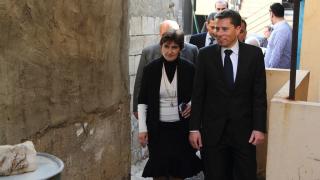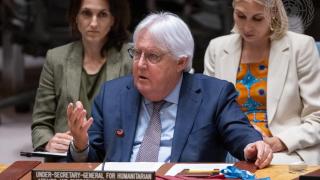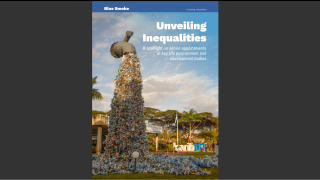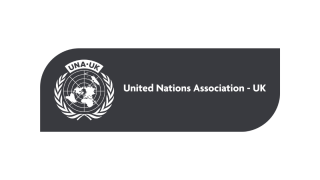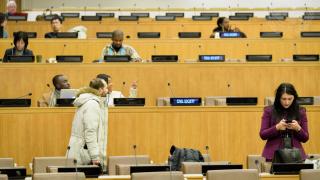
The ECOSOC Committee on NGOs is due to hold elections in April 2022 for the 2023-2026 term. Ahead of the elections for 19 members, UNA-UK joined the call for states to ensure the Committee membership is fit for purpose.
UNA-UK, together with over 340 NGOs, has signed the open letter from the International Service for Human Rights, highlighting the opportunity to stand up for civil society.
As has been repeatedly stressed by Secretary-General António Guterres, civil society is indispensable to the work of the United Nations. The Committee on NGOs - a standing committee of ECOSOC, established in 1946 - performs a key role in facilitating civil society engagement with the Organisation. It recommends approval of consultative status for NGOs, enabling access to and participation in a range of UN bodies and processes. It is vital that the elected member states are committed to fulfilling the Committee’s mandate.
Current members of the NGO Committee are: Bahrain, Brazil, Burundi, China, Cuba, Estonia, Eswatini, Greece, India, Israel, Libya, Mexico, Nicaragua, Nigeria, Pakistan, Russian Federation, Sudan, Turkey and the United States of America.
The open letter - addressed to the President of ECOSOC, President of the General Assembly, President of the Human Rights Council, and the UN Secretary General - requests that:
- States with an interest in facilitating and safeguarding civil society access to and participation in UN processes stand for election to the Committee.
- Candidates make public the reasons for their candidacy and their commitment to fulfil their responsibilities as members of the Committee
- All regions put up competitive slates, as the Asia-Pacific and GRULAC regions did in the last elections for the Committee in 2018.
- All regions make public candidacies at least two months before the elections to allow for proper consideration of candidates.
- All 54 ECOSOC members vote (and be encouraged to vote) only for candidates with positive track records in regard to civil society access and participation. Candidates could be assessed in regard to indicators such as support for relevant UN resolutions, such as those on civil society space and human rights defenders; on responses to cases of intimidation and reprisals; and on national level initiatives to safeguard civic space, press freedom – online as offline – and the right to defend human rights.
- ECOSOC members should consider introducing term limits for membership of the Committee on NGOs, among other reforms encouraging openness and accountability.
You can read the open letter in full here.
UNA-UK is also calling for the UN Secretary-General to designate a senior official as a “champion” for civil society at the UN. By providing such an office with sufficient resourcing and support, a civil society champion would be able to increase the Organisation’s limited capacity to engage proactively with civil society across the world; create more consistency in arrangements for civil society engagement across the UN system; give greater assistance to, and opportunities for, civil society organisations to engage with the UN. Read about the case for a UN civil society champion here.
Read more
- Read more about International Service for Human Rights’ #OpenTheDoors2NGOs campaign here
- Learn more about the Committee on NGOs here
Photo: Participants of the first meeting of the Committee on Non-Governmental Organizations 2019 regular session. Credit: UN Photo/Manuel Elías

